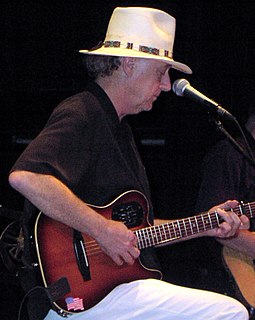A Quote by John Dewey
Inference is always an invasion of the unknown, a leap from the known.
Related Quotes
Truths are known to us in two ways: some are known directly, and of themselves; some through the medium of other truths. The former are the subject of Intuition, or Consciousness; the latter, of Inference; the latter of Inference. The truths known by Intuition are the original premisses, from which all others are inferred.
You know the known, so go a little into the unknown. The mind that is caught up in the known - extended a little beyond reason. The moment you go beyond , you move in the soul. Releasing the bondage of your mind to extend further, reach the unknown a little more. The further you go, you realize that the known is limited and the unknown is vast.
It is the job of artists to open doors and invite in prophesies, the unknown, the unfamiliar; it’s where their work comes from, although its arrival signals the beginning of the long disciplined process of making it their own. Scientists too, as J. Robert Oppenheimer once remarked, ‘live always at the ‘edge of mystery’—the boundary of the unknown.’ But they transform the unknown into the known, haul it in like fishermen; artists get you out into that dark sea.
God lives in cozy homes. Happiness, which a cozy home can give you, is so divine on this Earth, you don't need anything more than that. God is unseen but His creation is known and seen. What is known and seen for you, if you cannot relate to that how can you relate to the unknown? If you can relate knowingly to your unknown thought, you can always find happiness. But you have to have nerves for it. You have to have a mental capacity for it, you have to have trained yourself, and this is the part of that training I have come to share with you.






































